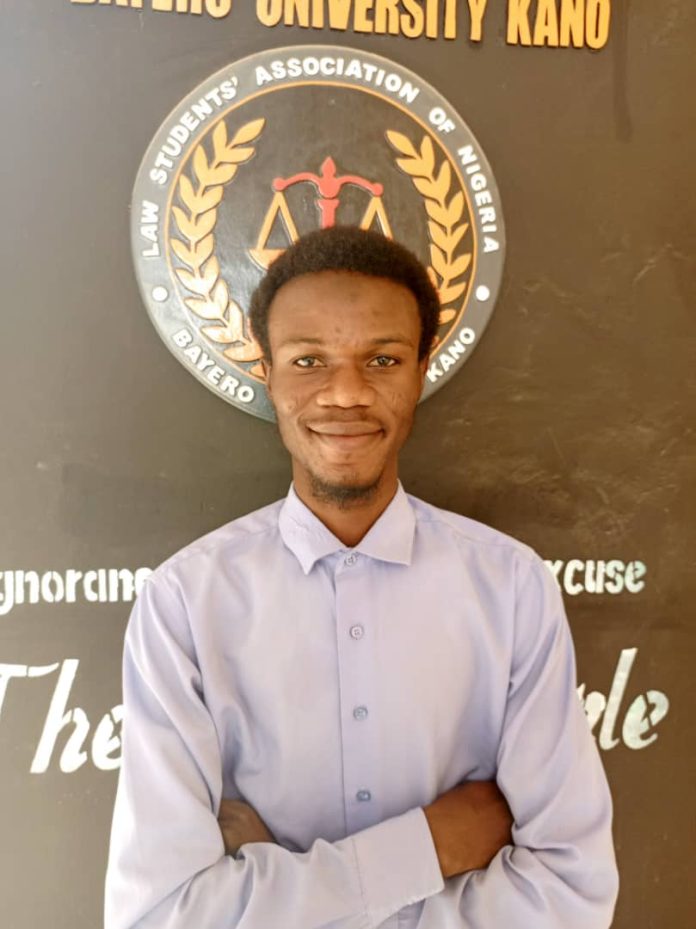Akinkunmi Adigun
After reading my recent article on “testate and intestate,” a friend messaged me and asked, “Why this obsession with law? Why would someone think they’re dying soon just because they’re writing a Will?” I asked “how?” He replied, “Because writing a Will seems like preparing for death.” I then smiled and sent a three-minute voice note, correcting his misconception and explaining why writing a Will isn’t about impending death; it’s about ensuring the security of your loved ones.
When it comes to recovering a deceased’s money from a bank, many believe that Nigerian banks automatically grant access to the next of kin after their death. However, while this belief isn’t entirely incorrect, it’s not the complete picture.
To access a deceased’s funds from banks, one must legally establish themselves as the executor or administrator of the deceased’s estate. No bank allows access without this process.
To become an administrator, one must first apply to a competent court for either a Probate or Letter of Administration. The complexity of the process varies depending on the size of the estate.
Merely listing someone as the next of kin doesn’t grant them the legal authority to access funds, shares, or be part of a Will.
Once appointed or approved as the legal executor, one can claim funds from banks, shares in companies, partnerships, and manage other properties on behalf of the deceased, distributing them among the beneficiaries as specified in the Will.
One might ask, “What then is the purpose of having a Next of Kin?”
The next of kin is a person’s closest living blood relative and serves as the primary point of contact after the person’s death.
However, naming your brother, wife, or son as the next of kin doesn’t automatically grant them the right to receive your money after death.
While the bank account owner is alive, the next of kin may, on their behalf, withdraw or receive cash from the bank or make changes to their other positions, especially if the owner is elderly, sick, hospitalized, or unable to manage their affairs.
After death, the next of kin assumes responsibility for arranging the deceased’s burial and handling their financial affairs. They must contact the bank and ensure all necessary processes are followed, such as presenting a letter of administration or Probate. Once verified, the money in the deceased’s bank account will be transferred. Even a single letter is sufficient for multiple bank accounts, although the banks will be involved as parties in the process of claiming the funds.
If the next of kin or administrator fails to contact the bank as required by law for a year, the bank account may become dormant if there are no transactions, debits, or credits.
The Central Bank of Nigeria recently reported that there is approximately N500 billion in unclaimed accounts belonging to over 59.7 million individuals in Nigerian commercial banks.
It’s essential to choose a responsible and trustworthy next of kin, as minors or individuals lacking financial acumen may not be suitable for this role. Minors can still be beneficiaries in a Will and can claim their rights immediately or upon reaching adulthood.
In conclusion, while many banks in the USA and the UK offer a PAYABLE ON DEATH (POD) account package, allowing beneficiaries to access funds without the need for letters of administration, this option is not yet available in Nigerian banks.
Note:
Letter of administration: Where there is no valid Will
Probate: Where there is a valid Will
Uthman Akinkunmi Adigun is a penultimate Student of Bayero University, Kano where he studies Law
He can be reached via 08029513068.




